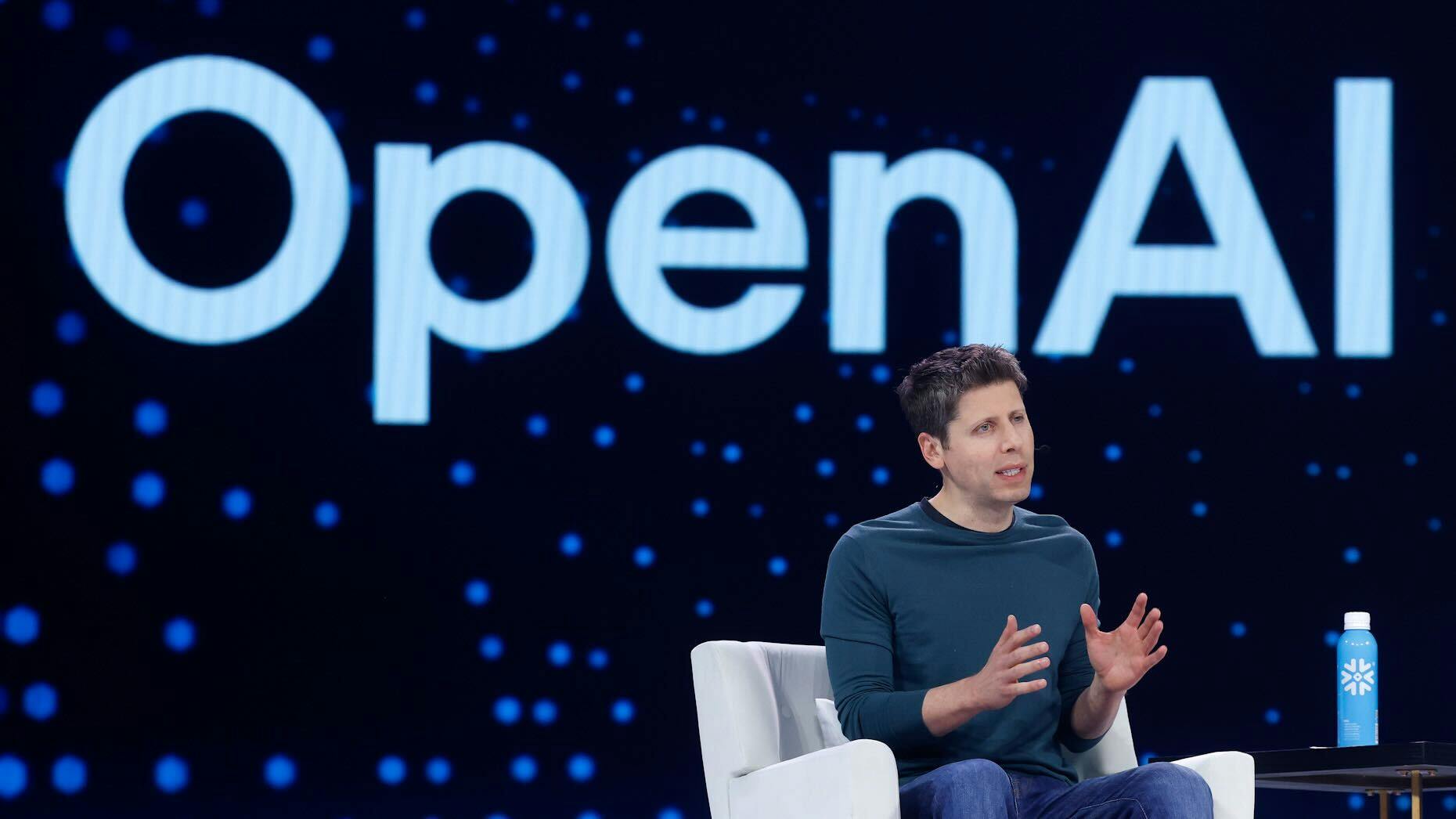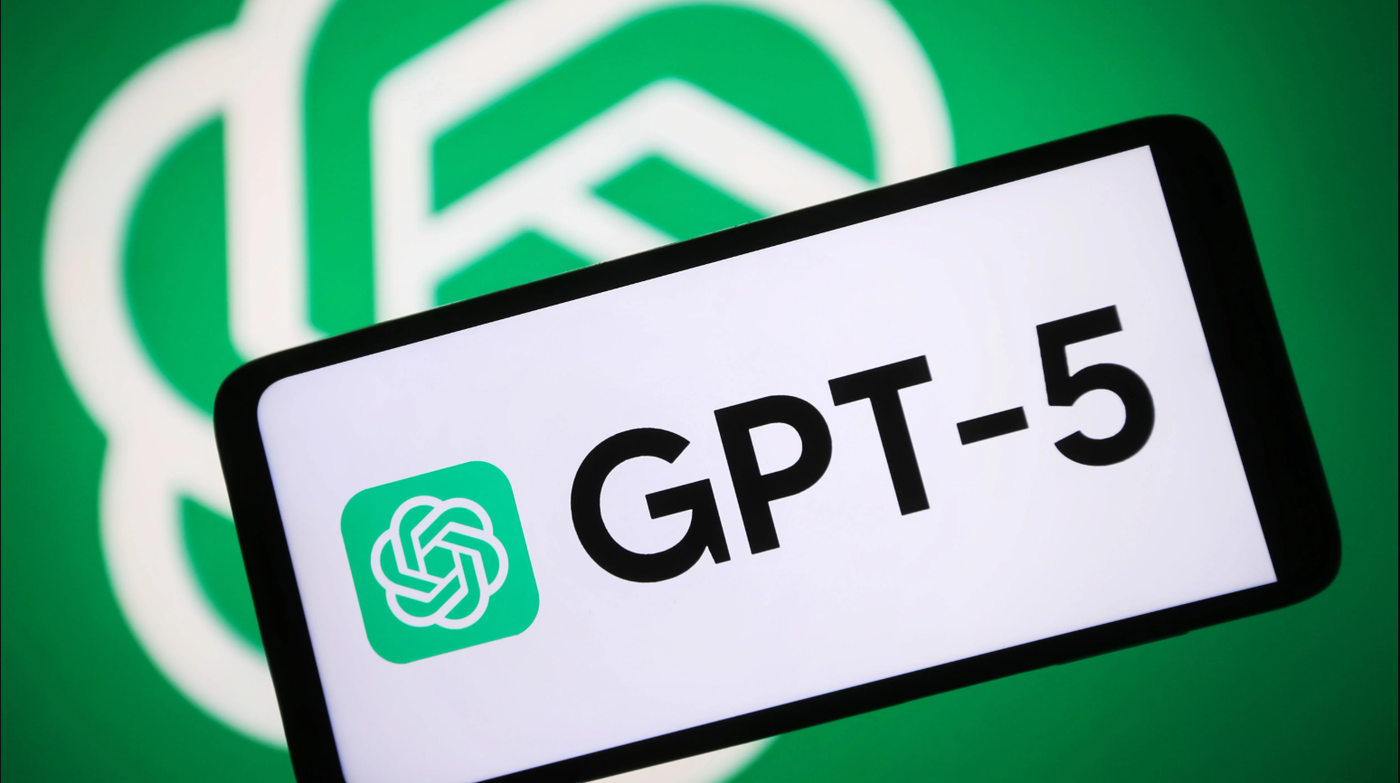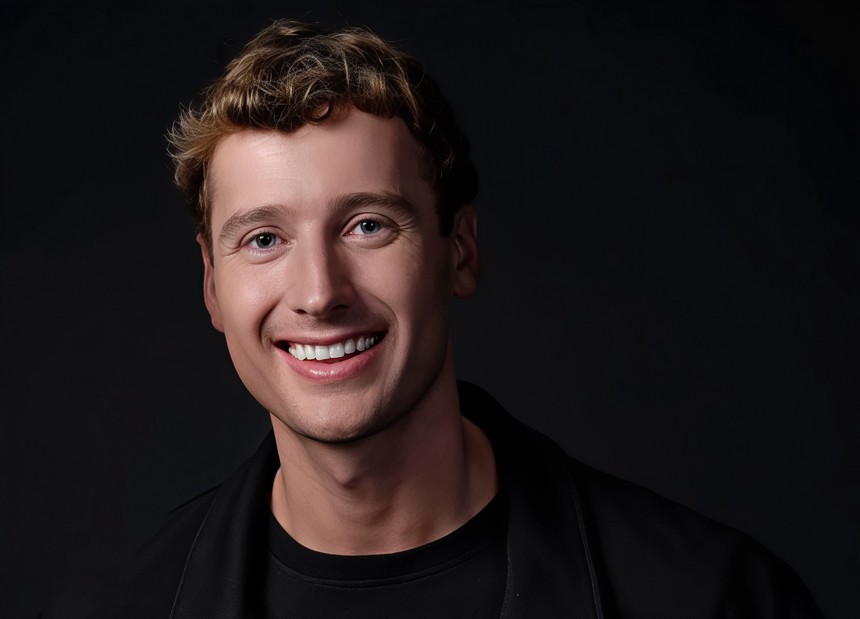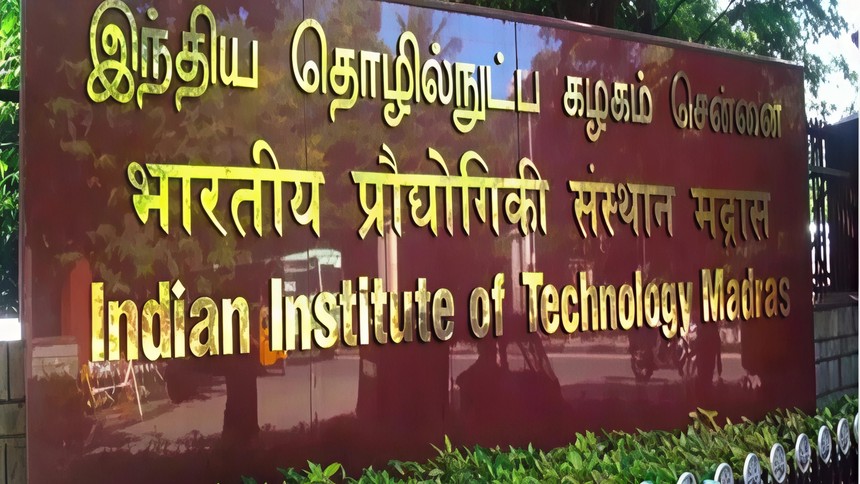Just days before the anticipated release of GPT 5, OpenAI has been blocked from accessing Anthropic’s Claude AI models. The decision, confirmed by Anthropic, comes after allegations that OpenAI violated the company’s terms of service. This unexpected move adds a new layer of tension to the already competitive world of artificial intelligence development.

According to a report from Wired, Anthropic claims that OpenAI’s technical team had been using the Claude API to test capabilities related to coding, safety, and creative writing. Instead of relying on the public chat interface, OpenAI reportedly used developer access to integrate Claude directly into its internal evaluation systems. This method allowed them to run complex tests and measure how Claude performed in areas such as child safety, harmful content, and bias detection. The goal, it seems, was to compare Claude’s behavior against OpenAI’s own models as part of their preparations for the upcoming GPT 5.
Christopher Nulty, spokesperson for Anthropic, stated that while benchmarking and safety evaluations are common in the industry, OpenAI’s use of the Claude Code tools went beyond acceptable boundaries. He emphasized that Anthropic’s terms do not allow customers to use its services to develop competing products, especially not powerful models like GPT 5. Nulty added that Anthropic would still allow API access for standardized safety checks but would restrict any integration that could feed into rival product development.
The response from OpenAI was swift. Chief Communications Officer Hannah Wong acknowledged Anthropic’s right to make the call but called the move disappointing. She reiterated that it is an industry standard for companies to test competitor models to benchmark progress and improve overall system safety. Wong also pointed out that OpenAI’s own API remains available for others, including Anthropic.
This isn’t the first time Anthropic has drawn a line with competitors. Earlier this year, they cut off access to Windsurf, a startup in the AI coding space, when it was rumored to be in acquisition talks with OpenAI. Jared Kaplan, Anthropic’s Chief Science Officer, openly questioned the idea of providing Claude’s capabilities to direct rivals.

The latest conflict comes at a critical moment for OpenAI. With GPT 5 expected to bring unified reasoning and significantly improved language and logic capabilities, the stakes have never been higher. Losing access to one of its key benchmarking tools just before launch may cause a ripple effect across testing workflows. Still, OpenAI appears confident in its roadmap and is moving forward with its own tools and datasets.
This incident underscores the growing tension in the AI industry, where collaboration often competes with corporate strategy. As leading companies race to outdo each other with smarter, safer, and more capable models, lines are being drawn not just in code but in business ethics and partnerships.
For more stories on the future of AI, major tech rivalries, and upcoming model launches like GPT 5, follow Tech Moves on Instagram and Facebook.














